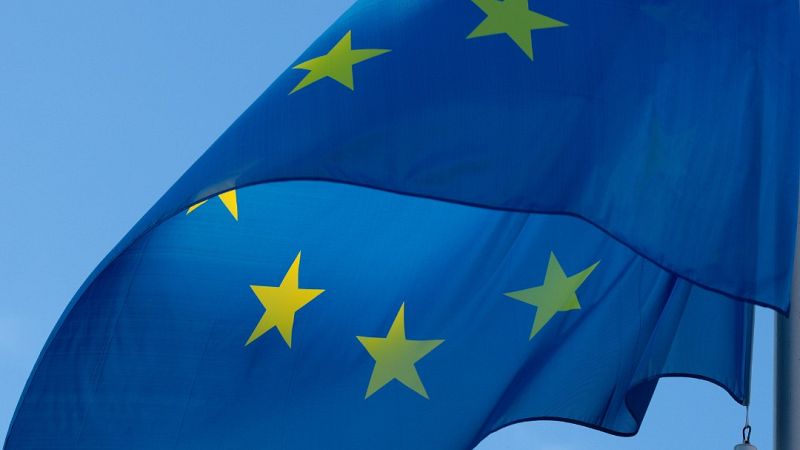The Europeans who made Time magazine’s most influential people in AI

US magazine Time’s 100 list of the most influential in artificial intelligence (AI) includes some European names alongside the developers of major startups like OpenAI and Deepseek AI.
The magazine launched the Time100 AI in 2023 shortly after OpenAI’s launch of ChatGPT, which it calls the “moment many became aware of AI’s potential to compete with and exceed the capabilities of humans".
The list highlights some of the usual leaders of AI companies, such as OpenAI’s CEO Sam Altman, xAI’s CEO Elon Musk, chip company NVIDIA's CEO Jensen Huang, and Meta’s CEO Mark Zuckerberg.
The list includes not-so-obvious additions, such as US actor-turned-AI-film-company-director Natasha Lyonne, or Megan Garcia, the mother of Sewell Setzer III, a 14-year-old boy who took his life after falling in love with a chatbot.
Here are some of the Europeans and other notable candidates who made the list.
Europe’s Virkkunnen, France’s Chappaz on the list
The global list includes a smattering of European names, including Henna Virkkunen, the EU Commission’s executive vice-president for technological sovereignty, France’s
In the opening line of Virkkunen’s profile, TIME writes that Europe has “lagged behind the US and China in AI development,” but sets the bar in regulation.
The publication is referring to the EU AI Act, which made the EU the first “global power to pass comprehensive regulation” to govern the technology.
But where TIME gives Virkkunnen credit is with the launch of Europe’s AI Continent Action Plan in April that would build large-scale data infrastructure, apply AI algorithms to other sectors, and simplify regulations.
The publication also lauded Virkkunnen for getting AI companies to sign on to an AI code of practice in what it calls “an effort to streamline compliance.”
Clara Chappaz, France’s newly-appointed AI minister, made the list because of her unveiling of the National Institute for AI Evaluation and Safety (INESIA) and Dare AI, the plan to integrate AI throughout the economy by 2030.
Chappaz was also praised for her advocacy against “sovereignty washing,” the practice of US companies that claim European entities are under their control because they are using their cloud services.
Rounding out Europe’s representation on the list is Oliver Ilott, the head of the UK’s AI Safety Institute, a body that evaluates the risks from AI systems.
Deepseek CEO makes the list
Added for the first time in 2025 is Liang Wenfeng, the CEO of the Chinese open source AI company Deepseek. The January release of Deepseek’s first model, R1, made a splash in the industry as it was reportedly a more affordable model that could take on OpenAI.
TIME noted that Wenfeng was one of just nine people invited to address a closed-door symposium hosted by China's Premier Li Qiang in January, around the time of the inauguration of US President Donald Trump.
This created “a powerful narrative - one in which China had matched America’s best with just a fraction of the computing power,” the post about Wenfeng reads.
Wenfeng’s inclusion on the list comes a few days after a report from venture firm Andreessen Horowitz said that Deepseek is the third-most used generative AI app by monthly usage on the internet, following OpenAI and Google’s Gemini.
However, Andreessen Horowitz estimates that mobile use of DeepSeek’s AI model has dropped 40 per cent since its peak in February.
Deepseek is banned in Italy, for government workers in the Czech Republic, and there are potential restrictions in Germany due to privacy risks.
Italy, Ireland, Belgium, the Netherlands and France launched investigations into DeepSeek to find out whether the AI’s data collection breaches the General Data Protection Regulation (GDPR) by sending personal data to China.
Today

